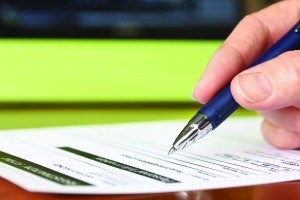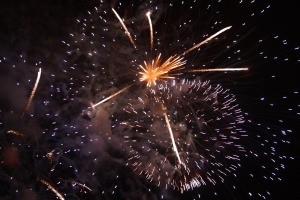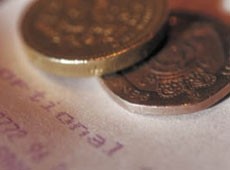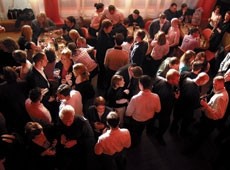Legal Q&A: Accidents outside your pub
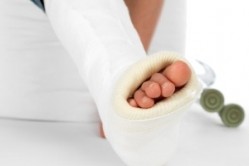
A passer-by tripped over a table outside my pub, when the pub was closed, and broke their ankle. They are now threatening me with legal action. The tables were cleared away as they always are and we haven’t had any issues before. Where do I stand?
In the first instance, please ensure you have complied with the notification requirements of your public liability insurance as this is likely to be a notifiable incident.
The passer-by will need to prove this incident occurred as they say it did. Subject to this and, depending upon the terms of any leasehold or licence agreement held with the brewery or any other owner/landlord of the pub, you are likely to be considered “Occupier” of the premises. As occupier you have a duty to the passer-by pursuant to statute.
The extent of your duties will be determined by whether or not the passer-by would be considered a trespasser on your premises, or if they were a visitor. In addition, consideration would be given to the tables and how they had been left.
As the pub was closed, the passer-by could be considered a trespasser on your premises. As occupier you still owe a duty of care to a trespasser under the Occupiers’ Liability Act 1984. However, the court is generally reluctant to impose liability unless there is a real danger which should have been guarded against in any event.
If it is common for people to walk across your premises, even when it is closed, and no steps are taken to try to prevent this, the passer-by is likely to be a “lawful visitor” under the Occupiers’ Liability Act 1957. Your duties as an occupier then are to take all care as reasonable to ensure visitors are reasonably safe whilst on your premises.
Trip hazard?
The positioning of the tables is of most significance and precisely how they had been cleared away. If they were cleared away but left in the way of a main thoroughfare, for example, they could still pose a risk of injury from tripping. However, if these were stacked against a wall, leaving clear access, it is unlikely the court will consider they pose a tripping hazard.
You will need to be able to demonstrate a documented system of inspecting the area at the start and end of each day and at regular intervals throughout, in order to show it was safe for customers. You should also gather any evidence confirming how the tables were cleared away and by whom on the day of the incident.
If the pub had closed for the night, consider where the tables are put when they are cleared away and if this is in a well-lit area. You should also check any lights are in working order and that they were at the time of the incident.
If the tables are outside the premises on a public footpath, you will need to check your licensing requirements regarding the location and storage of the tables as granted by the relevant Local Authority. If in breach of these, you are likely to be held liable for the incident.
Contemporaneous investigations are vital in being able to successfully defend a claim. Generally speaking, you should be able to raise a defence to any claim, if you can show that the tables were not left in a position which would represent a tripping hazard, even if the passer-by was not trespassing. The fact no other incidents have occurred before is also supportive to your position.
Article by Gemma Dunn, solicitor at Weightmans.
